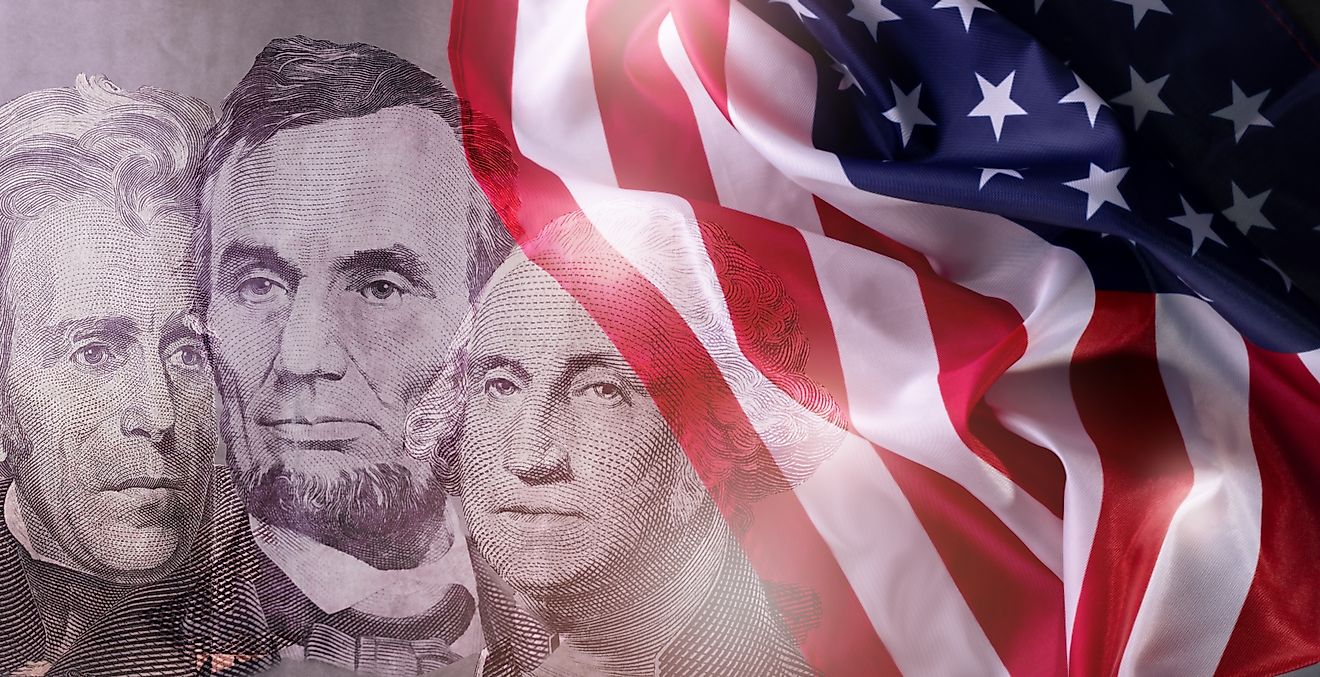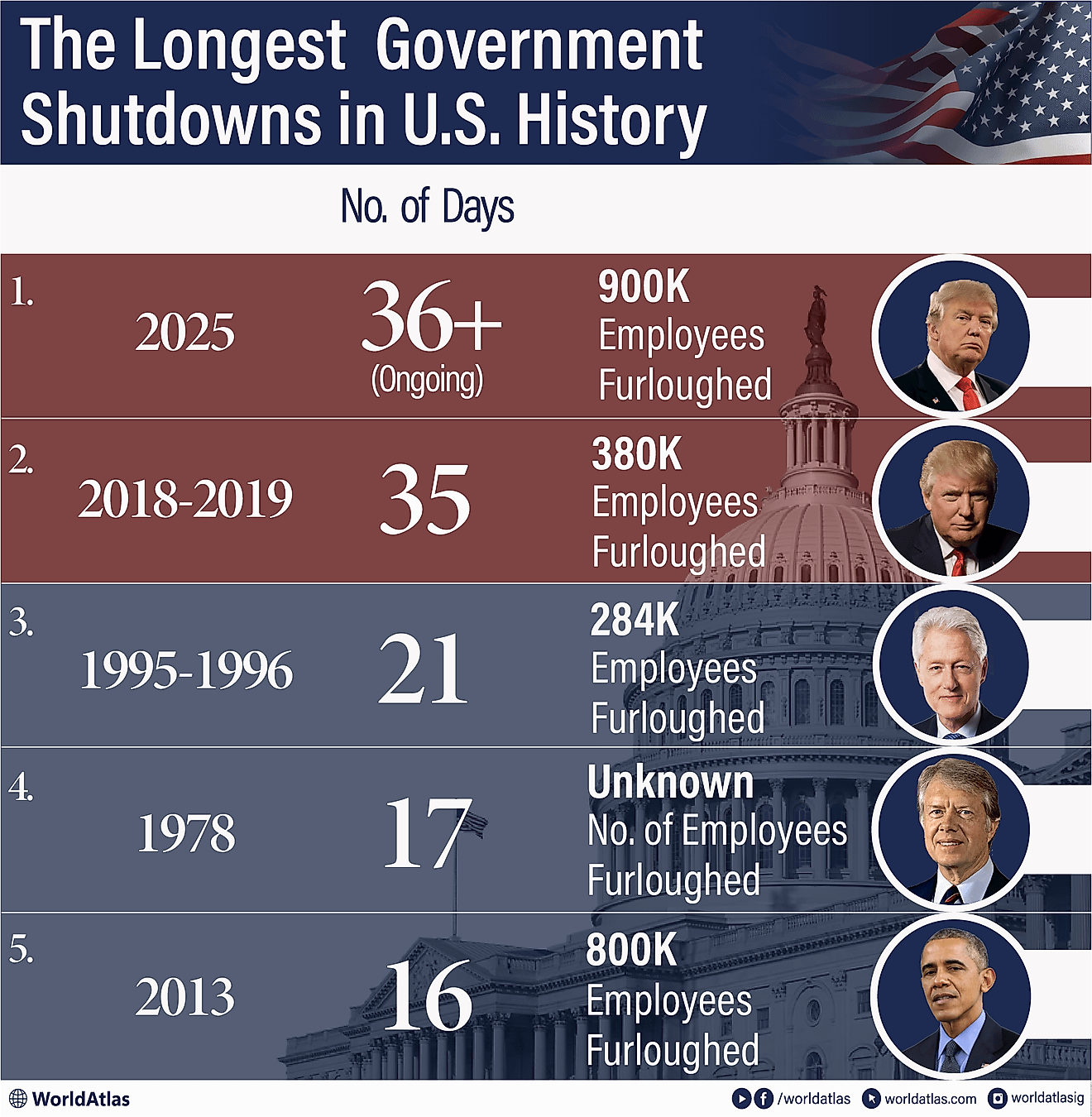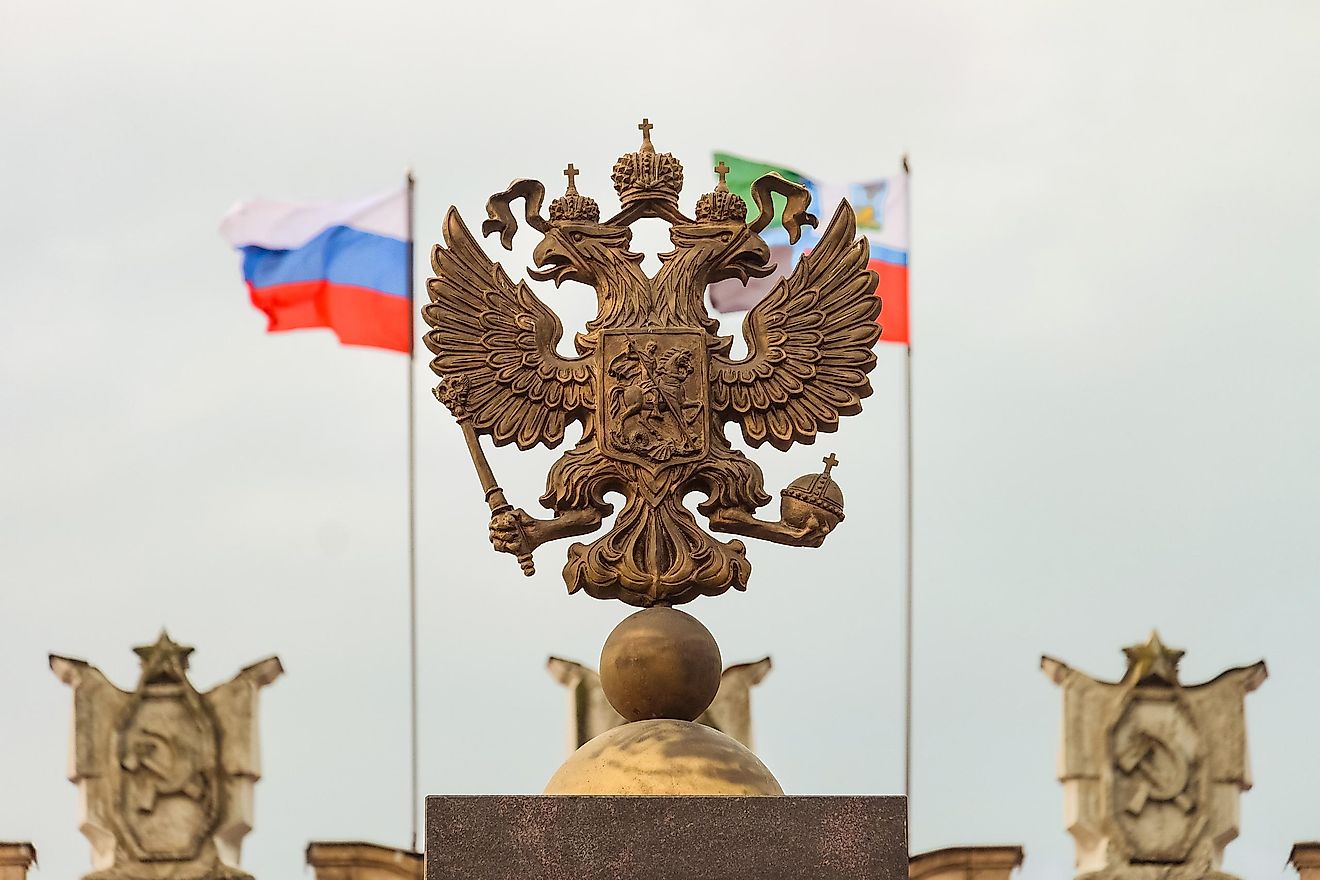Why Is Finland Reluctant To Join NATO?
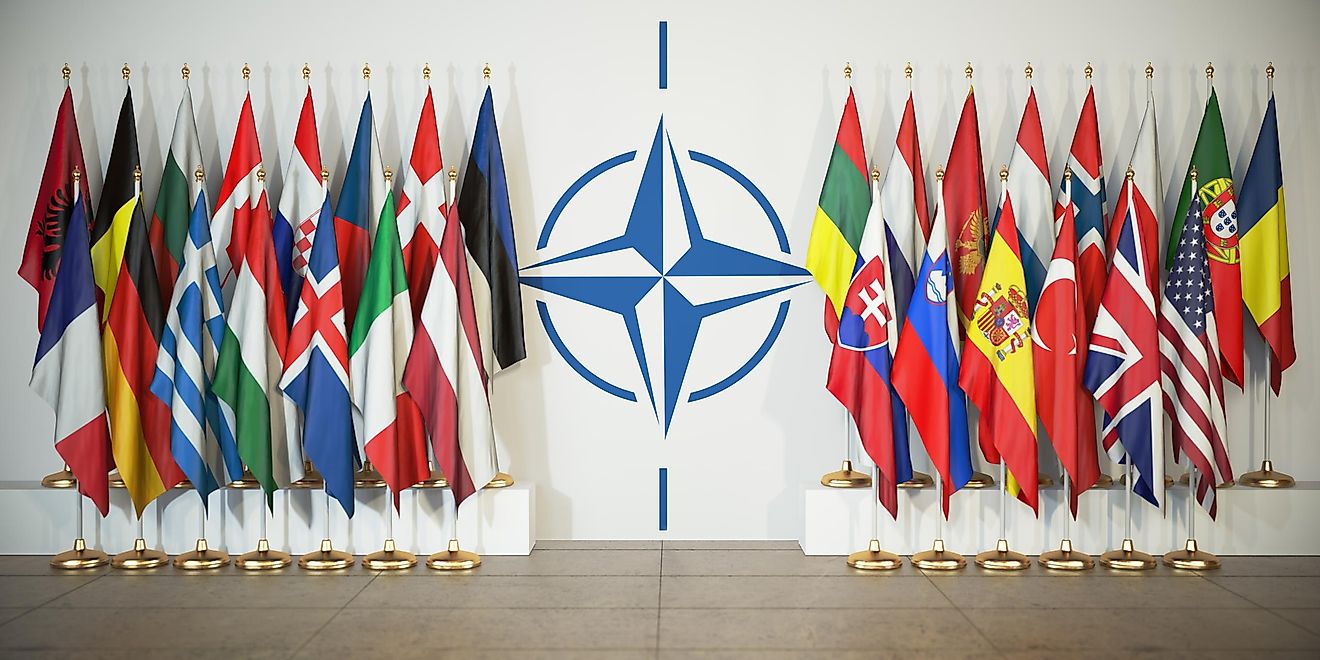
- It costs 2 percent of a country's national annual budget, among other requirements, to join NATO.
- Finland meets all of the requirements to join NATO, but lacks the will, as it sees the risk outweighing the benefits.
- If Finland joins NATO, Russia might see it as an intentional advance towards its borders.
Formed in 1949, the North Atlantic Treaty Organization (NATO) has recently celebrated its 70th anniversary of providing stability and security in European and North American countries. Finland is not looking to officially join the Atlantic Alliance anytime soon, but it has already participated in many of NATO's military activities, including partaking in its training, as well as deploying with its rapid-reaction force to the Balkans, Afghanistan, and Iraq.
Furthermore, In 2019 alone, the Finnish defence forces participated in over 80 international military exercises, held mostly in northern Europe and the Nordic-Baltic region, including the Northern Wind 2019, bringing together Finland, Sweden, Norway, the UK and the US. As well, Finland is an active participant in NATO’s Enhanced Opportunities Partnership (EOP).
Officially joining the NATO forces means acquiring added defence and security, as well as the decision-making power in terms of what and where the next operations should be held, among others. Many ponder why, having met all the requirements, Finland has not, nor seems to be planning on joining NATO anytime soon. The truth is, Finland sees little gain at high risk to go through with it.
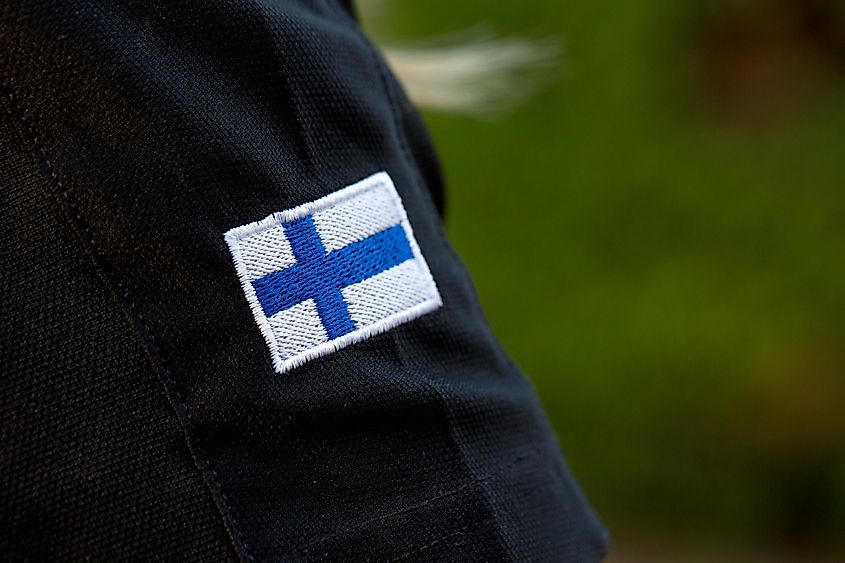
Requirements to join NATO
- New members must uphold democracy, including tolerating diversity.
- New members must be making progress toward a market economy.
- Their military forces must be under firm civilian control.
- They must be good neighbors and respect sovereignty outside their borders.
- They must be working toward compatibility with NATO forces.
These are the minimum requirements a nation must prove prior to applying for the NATO membership, as well as having been invited by a consensus of current members.
Source: The US Department of State
The Cost
The cost to join NATO amounts to 2 percent of each member's national budget per year. Finland currently spends about 1,5 percent of its national budget on the military defence. Therefore, it is doubtful that Finland is reluctant to join because it is being frisky about the 0.5 percent missing, especially with the added benefits that come with that cost. The truth is, Finland already enjoys unofficial cooperation and military support from the West and other NATO states. Other benefits that it lacks today may seem irrelevant to the country in the face of the non-monetary costs it could potentially occur.
Russo-phobia and World War III
Russia's ambassador in Finland, Pavel Kuznetsov, criticized the notion that Russia is a state others should be in fear of, as well explaining that, "everyone understands that the entry of NATO's military infrastructure closer to our borders forces us to take appropriate responses" (Deutsche Welle, July 24).
Many say that Finland should join NATO to protect itself from Russia's unpredictable aggression, the power of which Finland bore witness to throughout the Russia-Ukraine conflict. However, if Russia was (theoretically) to show aggression towards Finland, the latter would likely be backed by the NATO states regardless, not only because of their common ideological beliefs, but because the EU would respond, and Finland is a member state. However, as it stands today, there is no rationale for Russia to antagonize the Nordic country, especially in its reluctant state of joining NATO.
Furthermore, if Finland was to join the NATO forces today, Russia could see it as a decision made not singlehandedly, but through a nudge from others. Now, to bring the NATO forces to the Russian border that way, could potentially make Russia feel threatened, and becoming aggravated, begin preparing for war.
Furthermore, The West continues to root for Ukrainian stabilization, already making it a stretch when it says that it also wants calm relations with Russia. To voice that it also wants Finland (and Sweden) to officially join its forces through NATO, would disseminate any hopes for those neutral relations.
Finland-Russia Relationship
For decades now, following Finland's separation from the Russian empire on December 6, 1917, Russians and Finns have gone back and forth to work, for some, as often as one would go to their downtown office while living in the suburbs. Many speculate that the relationship would become strained if Finland joins NATO.
Although it is possible that Finland is looking at the situation with Russia through pink lenses, some believe that there is no other way to view it from Finland's perspective. According to the Finnish Ministry of Foreign Affairs’ assessment of the dilemma between their ties with both Russia and NATO, Finland remains deeply aware that there is no simple solution.
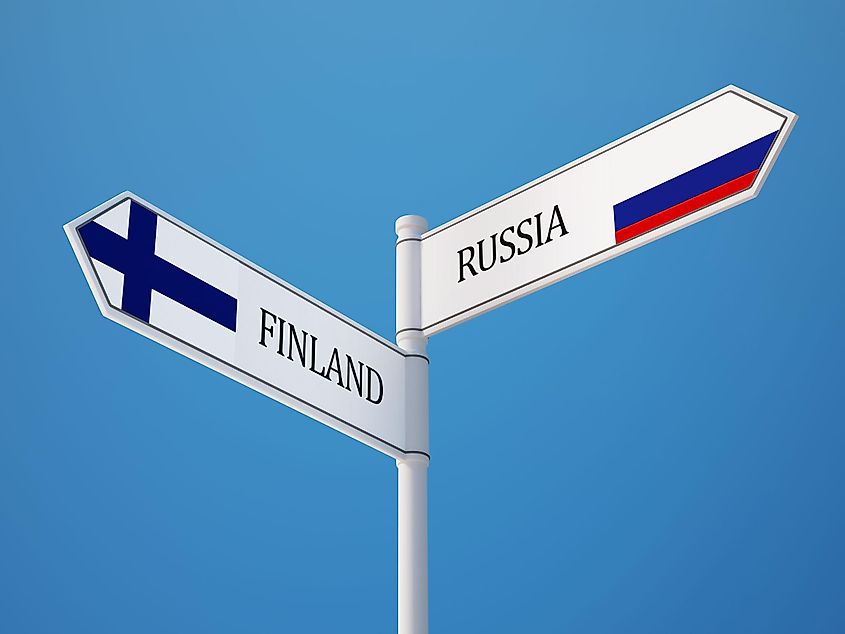
Finland-US Relationship
Finland did take steps to strengthen its relationship with the US: it purchased some highly sophisticated military hardware, including the F/A-18 Hornet fighter aircraft as well as modern air-defence systems from the US. It also signed a Trilateral Statement of Intent (SOI) between itself, Sweden and the US, with the intent of solidifying the symbiotic defence cooperation, last signed in 2016, clarifying and improving the terms. Although not legally binding, the SOI symbolizes the special relationship and like-mindedness of the three countries.
Finns Do Not Want to Join
No major political party in Finland is pro-joining NATO. Interestingly, a whopping 67 percent of the military personal are also in favor of the official military alliance with NATO; but not the civilians.
In a 2014 poll, during the Crimean crisis in Ukraine, Finland was a witness to the strength of Russia's aggression, but even then, only 22 percent of Finns supported the idea of joining NATO. With the support nowadays wavering between 20 and 30 percent, half the nation remains against the membership, while others do not have an opinion, or want to be involved in the matter. This again, shows that Finland does not expect Russia's spill of aggression upon it, nor that it would take any other step to ruin their business-like relationship.
The Future
Some say that Finland is no longer “neutral” as it is part of the EU, but rather, “militarily non-aligned." In terms of Finland and the West, they already benefit from mutual military coordination. For now, Finland is satisfied with the unofficial support it receives from the NATO states, knowing that it will be backed by the West if the country was threatened. Its official politico-military decision was, and remains, that Finland is not planning on becoming a NATO member, but it will continue to foster ties with it and its member countries.
